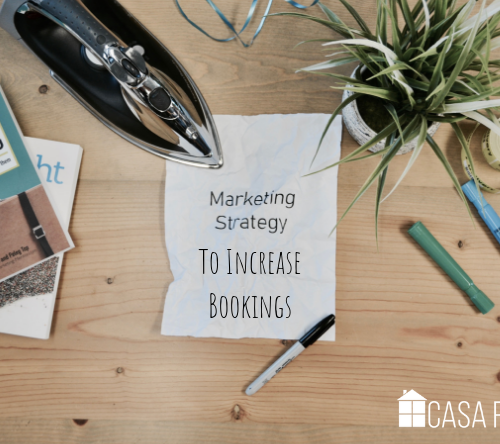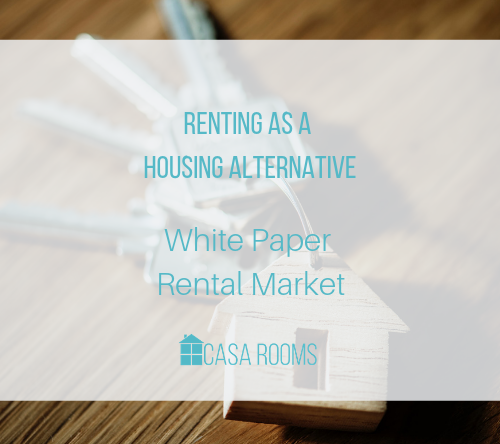Property owners acting as property managers may potentially improve this yield, and below we present an overview on managing a property on the path to earn a higher return.
Licences
There are two classes of Malta Tourism Authority (MTA) licences that relate to residential units and both classes allow the utilisation of a 7% VAT rate on the income received from a tourist (Malta Travel and Tourism Services Act defines a “tourist” as any person who travels to a place other than that of his usual environment for less than twelve months and who stays at least one night in the place visited other than to take up employment or establish a business).
The property manager may opt for the “Holiday Furnished Premises Licence” by attaining the “Comfort” category requirements (which generally entails an investment of between €500 to €2,000) and meeting certain health and safety prerequisites such as an onsite fire extinguisher, fire blanket, smoke detector, emergency lights and a number of other items. The MTA licence fees amount to €256 in the first year and €175 in subsequent years.
In relation to property letting for periods exceeding four months, the MTA “House on Long Lease Licence” may apply, and the fee is equivalent to one month’s rent without the need of satisfying any particular accommodation standards.
Rental model
It is important to assess the benefits arising from the different types of rental models that may be used for the property which include short-let, long-let, or hybrid rentals. A property manager may wish to respond to the current market trend of persons preferring to book their own private residence for holiday accommodation purposes, which is being further fuelled by Malta’s burgeoning economic activities.
The objectives of a rental unit will reflect the property owner’s goals, as the owner may want to have a low turnover of tenants in the property, even though the earnings potential may be greater by adopting a short-let or hybrid rental model to the property.
A property owner also should assess the amount of time available to adequately manage the property. For example, long-lets allow for minimal interaction with the tenants whereby one may not even need to visit the property until the lease has expired.
Short-lets entail a greater time commitment relating to check-in and check-out procedures of tenants, management of booking requests, ensuring that the tenants are provided with a property that is routinely cleaned and a host of other requirements. Thus it may be opportune to bring on-board a dedicated property manager geared for short-lets.
Sourcing tenants
It is important that the rental unit enjoys a high occupancy rate. This may be achieved through liaising with estate agents, well-known and reputable websites, and personal referrals.
A property manager needs to assess competitors’ pricing which may include a premium for air-conditioning, views, location, standard of furnishings and various other factors. In assessing the occupancy levels of comparable rentals units and resulting seasonality factors in tourist zones such as St Julian’s, one may note that a two-bedroom apartment of a particular condition may be charging €40 per day in the low season and €110 per day in the peak season.
Also due consideration is needed on the marketing of the property, that may include a well-developed online profile with high-quality pictures and, eventually, an accumulation of strong reviews. This provides the competitive edge over properties of similar standard and location.
Care for tenants
Through the rental income of tenants, a property should be a self-financing investment that covers maintenance and other costs. It is essential to provide proper support services for tenants with regular liaison to ensure that reasonable tenant expectations are met.
For example, if a property is leased on a long-let basis and it is the tenant’s primary residence, ARMS should be notified that it is a “residential” property, and that the number of persons residing in the property corresponds to the amount registered with ARMS. Additionally, it is also important to ensure appropriate tenant acceptance procedures are implemented to safeguard against unruly tenants.
Tenants accommodated on either the short-let or hybrid rental model demand more time to manage to ensure that the property is adequately maintained, cleaned on a regular basis, and a number of other concerns.
Conclusion
The above matters are some of the considerations that a property manager will address to maximise the earnings from the property whilst monitoring the costs of property insurance, professional fees, marketing, cleaning and other related expenses.






